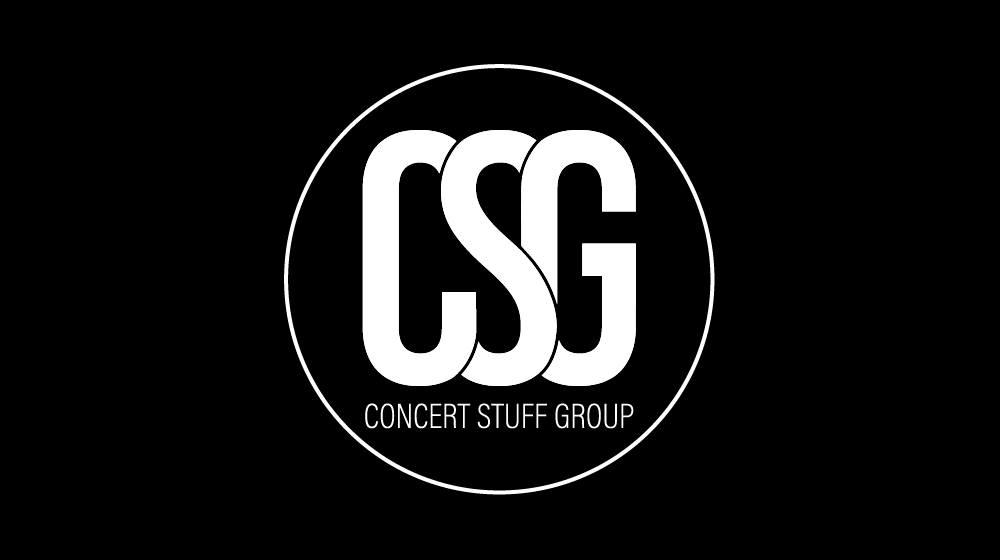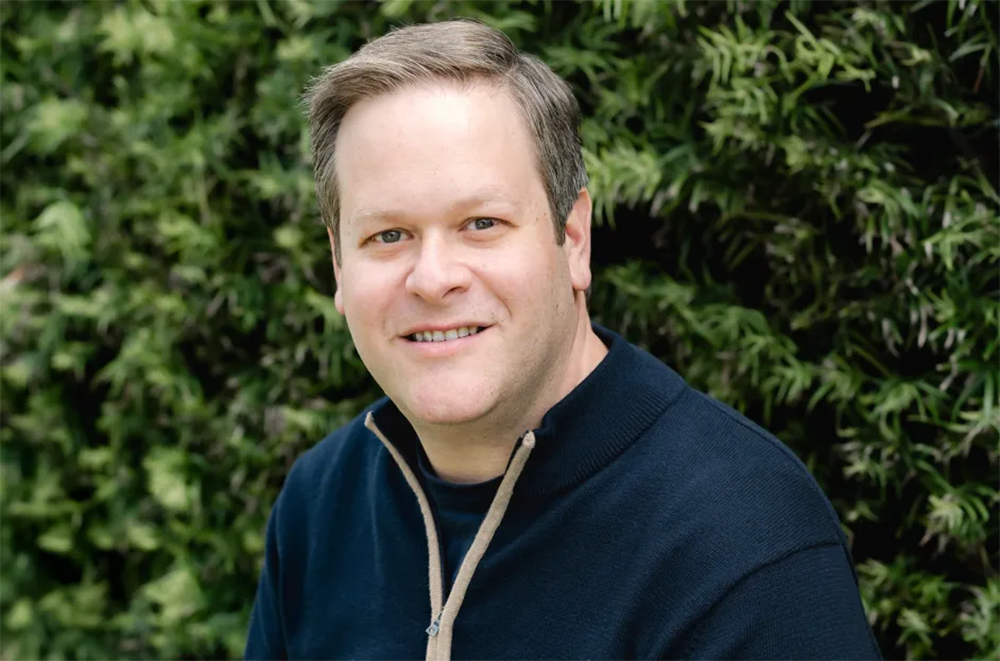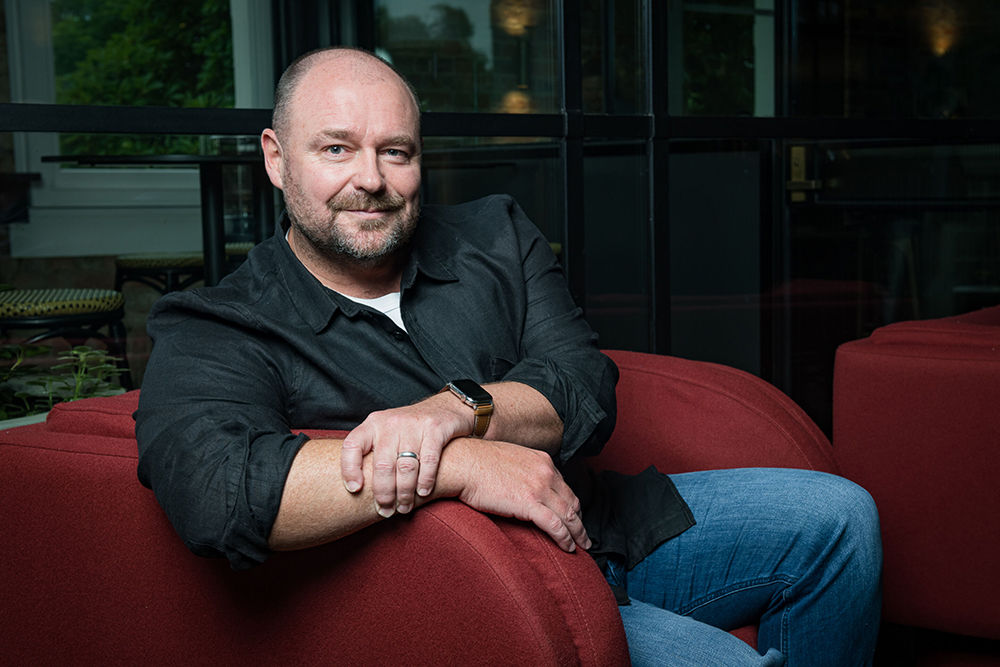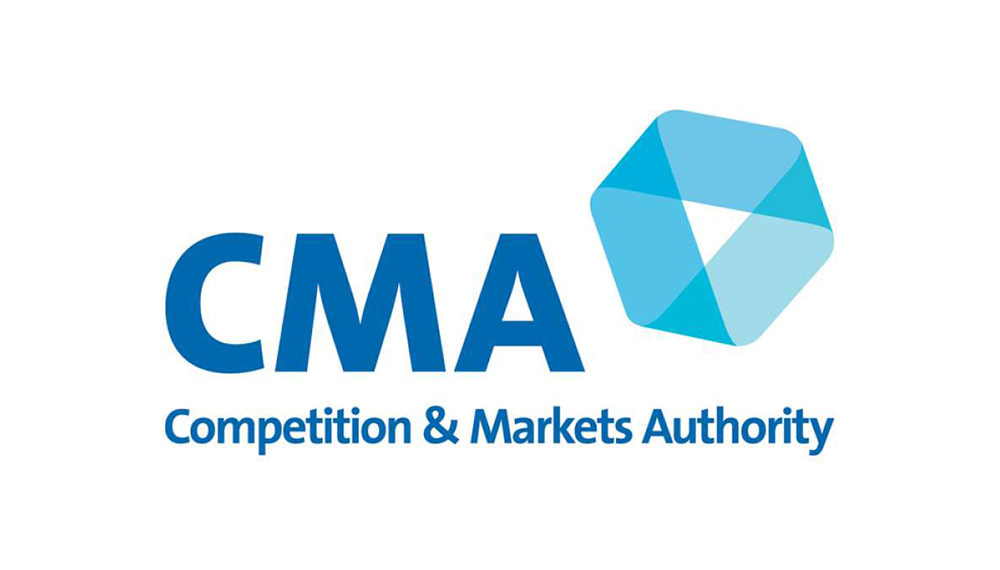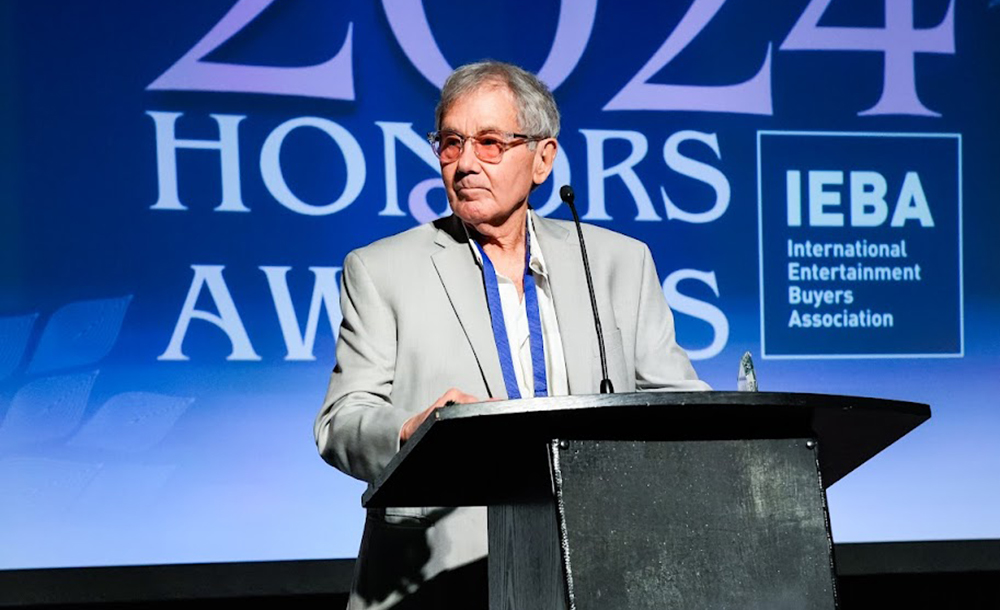
The National Labor Relations Board has charged Clear Channel Communications with an unfair labor practice for "failing and refusing to bargain" with AFTRA and has set a hearing on the NLRB's complaint against Clear Channel for January 14, 2003 in New York City.
The NLRB complaint cites as unlawful the company's airing, beginning in April 2002, of a program, Power After Hours, which utilizes voice-tracking technology and recordings by non-union personnel on the company's New York area station WWPR-FM (formerly WTJM-FM). The station is one of five FM radio stations in the New York area owned by Clear Channel.
AFTRA New York and Clear Channel have been in negotiations for a new contract at the station since the old pact expired on June 18, 2001. Negotiations have been stalled by the company's insistence that it be granted the unrestricted right to replace live, local AFTRA-represented announcers with out-of-state, non-union announcers through the use of announcements pre-recorded elsewhere at below market rates. This process, called "voice-tracking," is not permitted under AFTRA's contract.
The NLRB complaint charges that Clear Channel began airing Power After Hours using voice-tracking technology and recordings by non-unit personnel without affording the local union an opportunity to bargain, violating the National Labor Relations Act.
Peter Fuster, assistant executive director of AFTRA's New York Local, said, "We are pleased that the National Labor Relations Board has taken this action against Clear Channel. Clearly the company's conduct is attracting the attention of a growing segment of the public, members of Congress, the New York State Legislature, and regulatory agencies."
Clear Channel Radio Joins Fight Against Internet Music Piracy
Clear Channel Radio is contributing its worldwide resources to the fight against Internet music piracy. Recognizing the struggle that recording artists and their labels face with Internet piracy, Clear Channel has launched a public awareness campaign to inform its listeners that downloading pirated music is a serious problem for musicians. The campaign kicked off with anti-piracy commercials on Clear Channel radio stations across the globe, on syndicated Premiere Radio Network programs and on the company's XM Satellite stations. Clear Channel will support the campaign with advertisements on station web sites and in company operated publications.
Clear Channel has made the commercials available at www.clearchannel.com to any broadcaster who wants join Clear Channel in supporting the musicians and their art. Clear Channel Radio CEO John Hogan says the 30-second commercials carry a powerful message: downloading pirated music hurts the artists.
“It’s no secret that illegal music downloading is the most pressing issue that the recording industry is faced with today. I believe it’s the responsibility of those of us in the radio industry to help raise awareness on this issue, letting our listeners know that their actions are in fact threatening the future success of the artists that they love,” says Hogan.
RIAA chairperson Hillary Rosen applauds the radio company’s support of the music industry. “We want to thank Clear Channel for this effort and encourage others to follow their example in this campaign,” says Ms. Rosen. “We need more media companies to help educate the consumer on the pressing issue of Internet theft and its consequences. In the end, the music lover pays the price for illegal down loading through the increased cost of distributing music through legitimate delivery systems."
The recording industry, including the labels and their artists, lose millions of dollars a year to Internet theft. According to information released by the RIAA, US music shipments in the first half of 2002 were off 10% over the same period in 2001, with sales down nearly 7%. Clear Channel’s move to lead the radio industry in publicizing the issue of music piracy struck a chord among the record labels:
Arista Records, Antonio “L.A.” Reid, president and CEO:
“The plague of music piracy is spreading in geometric numbers and the industry is faced with the challenge of turning around the mind-set of a generation that thinks its 'cool' to obtain recorded music for free. Arista Records, its staff and its artists all support Clear Channel's efforts to bring the message across in a way that demands radio listeners' attention and dares them to confront a serious issue."
Atlantic Records, Craig Kallman, co -president:
"Everyone involved in music has to commend Clear Channel for partnering with our artists to get the truth out about Internet piracy and the terrible impact that it's having on musicians. Their PSAs are humanizing an injustice that threatens every musician's livelihood."
Columbia Records, Charlie Walk, executive vice president promotion:
“We're happy to see Clear Channel coming on board and educating young fans that music has real value that should not be taken for granted. Artists deserve to be compensated for the music they create, just like anyone else deserves to be paid for the work that they do."
Elektra Entertainment Group, Sylvia Rhone, chairman/CEO:
“Illegal downloading and other forms of music piracy have had a devastating effect on consumers perception and value of music. With Clear Channel’s enormous reach of over 100 million listeners, they possess the ideal platform to educate consumers about the negative impact of Internet music piracy.”
RCA Music Group, Clive Davis, chairman:
“Clear Channel's efforts to educate the consumer on the destructive impact of Internet music piracy will be invaluable. We must protect our creative community even from well meaning fans who just don't know that with every file they download or CD they burn, they are undermining the future of the very music they profess to love.”



















